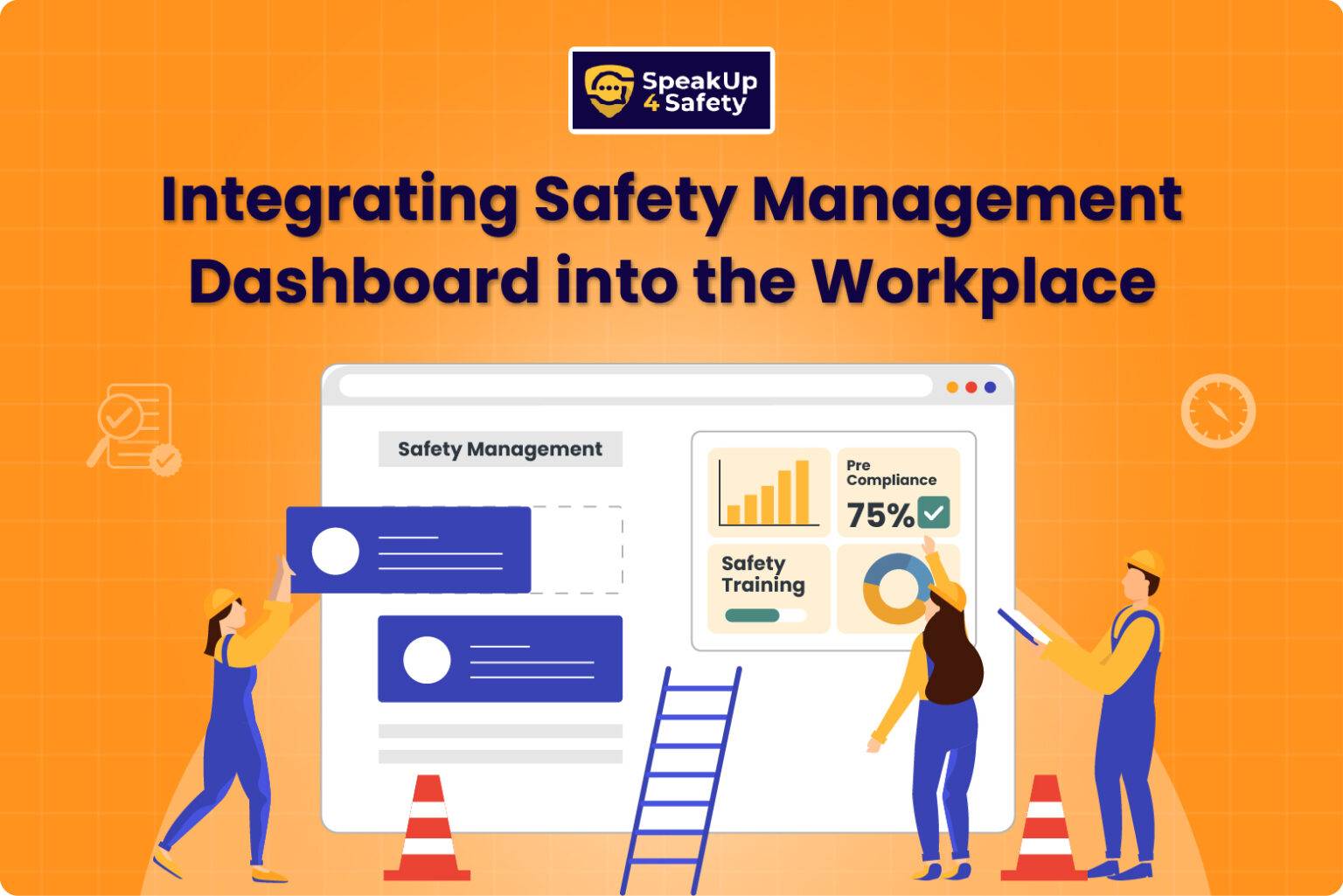What Is Incident Reporting and Who Is It For?
Incident reporting isn’t just about writing down injuries. It also includes near misses and unsafe behaviors, because even small mistakes can lead to big problems later.
For example:
- Physical injuries or illnesses at work
- Near-misses (like a falling object that almost hit someone)
- Unsafe acts (such as not wearing safety gear)
- Damage to property or equipment
- Environmental hazards or chemical spills
Who Should Report an Incident?
Incident reporting is a team effort. Everyone in the workplace has a role to play.
- Front-line employees should report what they see right away.
- Supervisors must follow up and ensure corrective steps are taken.
- Safety officers track patterns, analyze causes, and prevent future risks.
When everyone participates, the workplace becomes safer and more responsible.
Why Is It Important to Report?
Reporting incidents is not just a rule — it’s a safety culture. Here’s why it matters:
- Identify hidden risks early. By reporting near misses, you can fix issues before they become serious.
- Prevent future problems. Corrective actions help avoid repeat accidents.
- Provide clear documentation. Proper reports support legal and insurance processes.
- Stay compliant. Timely reporting helps meet safety standards and avoid penalties.
In short, reporting protects people, property, and the environment.




